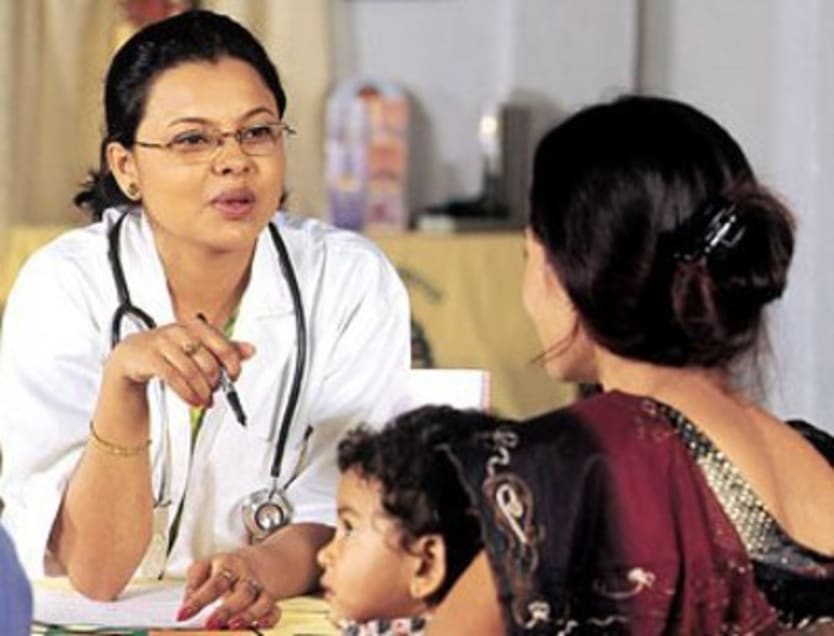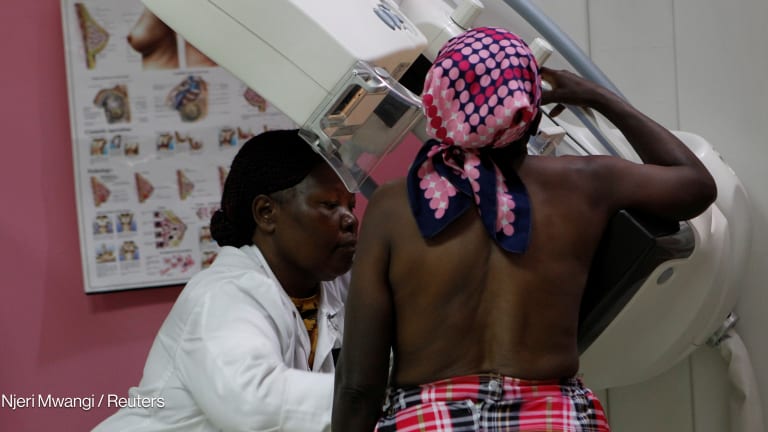
A collaborative approach to improving health care systems has been proven to be effective even in low- and middle-income countries, a USAID Healthcare Improvement Project study says.
Teams in 12 countries participated in the study. Each team, which comprises health care workers in different levels of the system, shared their experiences in the changes made in the health care delivery process, and then applied successful modifications on a wider scale.
Twenty-seven applications in 12 countries were monitored for improvements in maternal, newborn and child health, HIV/AIDS care, family planning, and malaria and tuberculosis diagnosis and treatment. Apart from boosting efficiency in health care delivery, the study revealed many other processes can be improved without additional resources.
“This multicountry study provides the largest body of evidence yet published on the effectiveness of collaborative improvement in lower and middle-income countries,” said James Heiby, a USAID Global Health Bureau medical officer. “We still have a lot to learn about improving care in these health systems, but the average level of improvement achieved across 27 different settings suggests remarkable potential; much wider use of improvement methodologies like this appears to be feasible.”
Read more development aid news online, and subscribe to The Development Newswire to receive top international development headlines from the world’s leading donors, news sources and opinion leaders — emailed to you FREE every business day.








